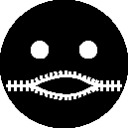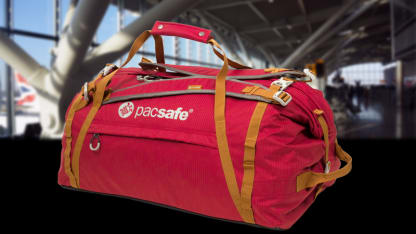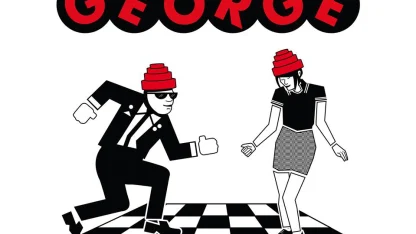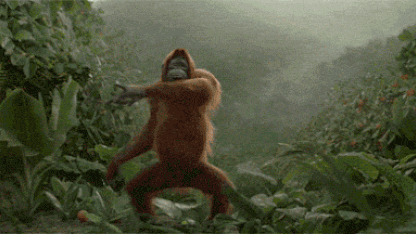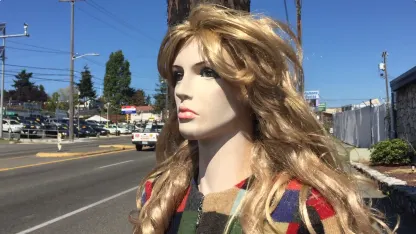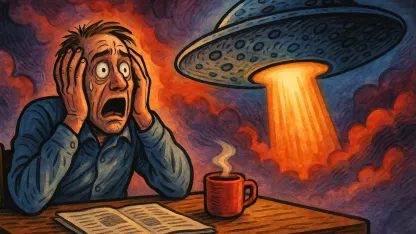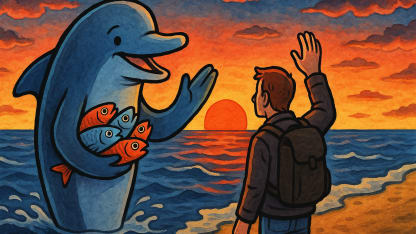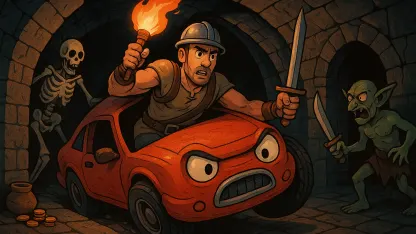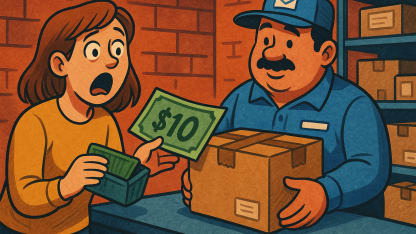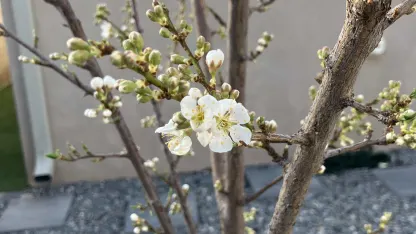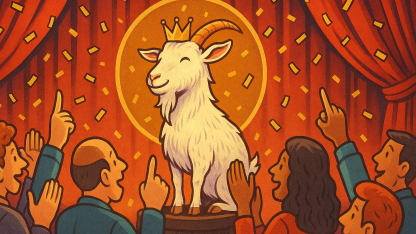Pacsafe Anti-Theft Duffel Bags











Our Take
- Duffel bags that are supposed to be tough enough to prevent bag-slashing theft - Even if you’re not worried about Hamburgler or if you don’t care about that, they’re tough enough to handle the repeated rigors of baggage claim- The big one has wheels, the small one does not- Model: 22110309, 22120309 (We never understand why products that have abstract strings in their title, such as AT120, feel compelled to create separate “model numbers.” It’s as though they have their given model numbers that everyone knows as well as secret, Wizard-of-Earthsea-style “true names.”)
Ska's Second-and-a-Half Wave, 1985-1992: A Playlist
Weve all had our luggage slashed open by a Hamburgler- or Cookie-Crook-like cartoonish villain, right? These extra-tough duffel bags claim to prevent such bag-slicing burglary, which is nice we guess. But more importantly, theyre extra-tough, which means theyll hold up against everyday travel.But will they hold up against the theft of an entire musical genre?Hey, I’m Meh contributor @JasonToon, and I’m talking about ska. If all you know of ska music is the soulless late-‘90s sound of the AFV theme, the scene that spawned Smashmouth and Sublime and bands with names like Skabba the Hutt, the cultural dead end that combined fedoras and board shorts into an unholy dorky-douchey abomination - well, you’d be forgiven for hating ska.Which is a shame, because that was actually the third wave of ska, and the first two waves were both pretty great: the mutated r&b sound of Jamaica in the ‘60s, which eventually became reggae, and the punk-energized Two-Tone Records uprising of 1979 and 1980 in the UK. All of those waves have been well documented (in the case of third wave, too well documented). Pick up the This are Two-Tone compilation and any collection of original Jamaican ska. You won’t regret it.Much less well known is what I call the second-and-a-half wave. By 1984, the Two-Tone bands had either broken up or moved beyond the style. For the rest of the decade, a scattered, disorganized subculture kept ska alive in complete defiance of the commercial trends of the time. Put aside your pre-ska-nceptions (sorry) and have a listen (also compiled in a YouTube playlist for nonstop skanking and/or torture of your ska-phobic friends).**The Toasters - “Talk is Cheap” (1987)If there was a flagship band of this era of ska, it was New York’s Toasters. Not only did their frontman Rob “Bucket” Hingley found the scene’s key record label, Moon Records, but they made some great records. Ska-boom!, their 1987 full-length debut, is as smart, energetic, catchy, and varied as anything on Two-Tone.The Untouchables - “Free Yourself” (1985)**An L.A. band who signed to Stiff Records in the UK and had a top 30 hit with this Two-Tone echo. Is it the last classic of the second wave or the first classic of the third wave? Who cares when it sounds this good?https://d2b8wt72ktn9a2.cloudfront.net/mediocre/video/upload/v1736567833/f920bf688ed996b548eb0224e7434521.mp4**Fishbone - “Party at Ground Zero” (1985)A crew of brainy, hyperactive black kids in California discovered ska, punk, and classic funk, and the world was never the same. Fishbone has enjoyed a long, kaleidoscopic career as a fixture in one alternative era after another, but for my money, they were bettered their early ska insanity.Potato 5 & Laurel Aitken - “Tear Up” (1987)The Two-Tone explosion gave new life to the careers of the surviving Jamaican stars of '60s ska. Even after that wave receded, it left a network of clubs and fans across Europe that enabled the likes of Desmond Dekker, Prince Buster, and Laurel Aitken to make a living touring. So those were still kicking around when new bands started to form, and were only too happy to join in. Here’s Aitken joining the British outfit Potato 5 on an anti-racism stomper that spans all the waves of ska.The Busters - “Couch Potato” (1989)Another band who recorded with Aitken was the Busters, a German outfit who carried on through they '80s as if the Two-Tone party were still going on.The Hotknives - “Holsten Boys” (1989)Underscoring the fact that it was a lot easier for these bands to play live shows than to get studio time, the Hotknives, one of the biggest draws on the late-'80s ska circuit in the UK, released two live albums before they ever released a studio recording.The Riffs - “Monday Morning” (1989)Another sharp cut from a British band who just missed the second wave but hung on to find an audience in the third.Operation Ivy - “Sound System” (1989)From a completely different angle entirely came Operation Ivy, a key band in the SF bay area DIY punk scene. Rather than the scruffy punk-pop or dirgey noise of their contemporaries, they sped up the Specials and the Clash into the “ska-core” sound that, for better or for worse, would define the third wave of ska. If only the other ska-core bands were anywhere near this good…Dance Hall Crashers - “Pick Up Lines” (1990)**Op Ivy guitarist Tim Armstrong and bassist Matt Freeman, who would later hit the serious big time in Rancid, also formed the Dance Hall Crashers, although they left the band by the time it started making records. The DHCs’ unique proposition was dual female vocals and a feminine lyrical perspective not often heard in this heavily blokey scene. https://d2b8wt72ktn9a2.cloudfront.net/mediocre/video/upload/v1735929087/no_longer_available_qknaul.mp4**The Scofflaws - “Pee-Wee’s Big Adventure” (1991)Snickering “wacky” covers of familiar tunes became a maddening staple of third wave ska. This early example at least has some wit and musicianship to it.Skankin’ Pickle - “Hussein Skank” (1992)Here’s one for the time capsule: a ska song about the Gulf War from a band whose mascot was a crudely drawn pickle in checkerboard rude boy clothes. Skankin’ Pickle was an early fixture on the California punk/whatever scene; their sound was a kind of low-rent Fishbone, encapsulated in the on-the-nose title of their debut full-length, skafunkrastapunk. Can’t say it’s aged super-well, but I’m sure it was fun at the time.Mighty Mighty Bosstones - “Hope I Never Lose My Wallet” (1990)**I grudgingly admit that the band that took third-wave ska to the top of the charts with 1997’s “The Impression That I Get” was the real dues-paying deal, slogging it out on the van-tour circuit for years after their 1986 debut. The future announcer for The Jimmy Kimmel Show, Bosstones frontman Dicky Barrett, got his showbiz start with goofy ska-punk like this.https://d2b8wt72ktn9a2.cloudfront.net/mediocre/video/upload/v1736567896/9de52145a8db0a264c6329cd87d11f48.mp4By 1993, the commercial potential of ska was clear. The rigid formula that would make '90s ska so dull quickly locked into place. Recording engineers across America learned how to record a horn section. The Warped Tour became a thing. The fad completely collapsed by the end of the '90s, of course, and ska became a punchline, a radioactive embarrassment. In the 20+ years since, we’ve never seen a “fourth wave” ska revival worthy of the name, and I doubt we ever will. It’s a cautionary tale to any underground tempted by the big time: don’t let the douchebags steal your music.No fedora required for these past weekend playlists:- Reggae Sunsplash: The Festival That Made Jamaica Famous- The Angry Young Men of New Wave- 12 Great British Deep Cuts- Scopitone Party: The Original Music Videos- Weekend playlist archive
